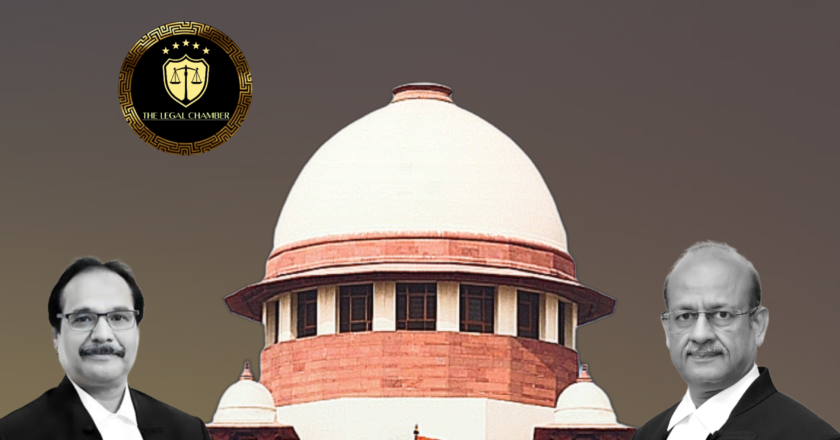Supreme Court Quashes FIR in Property Dispute, Calls it “Abuse of Process of Law”
The Supreme Court quashed the criminal proceedings, holding that the continuation thereof amounted to an abuse of the process of law. The allegations, arising from a civil dispute over a loan and its guarantee, did not constitute a criminal offense, especially after the withdrawal of an earlier complaint on the same cause of action.
Facts Of The Case:
This case originated from an FIR registered against the appellant, Bhawana Jain, under Sections 406, 420, 504, and 506 of the IPC. The dispute concerned a plot purchased jointly by her deceased husband and the complainant, Respondent No. 2. After a mutual partition, the husband mortgaged his share to secure a bank loan, with the appellant acting as a guarantor. Following her husband's death in 2016, the complainant filed a private complaint...



